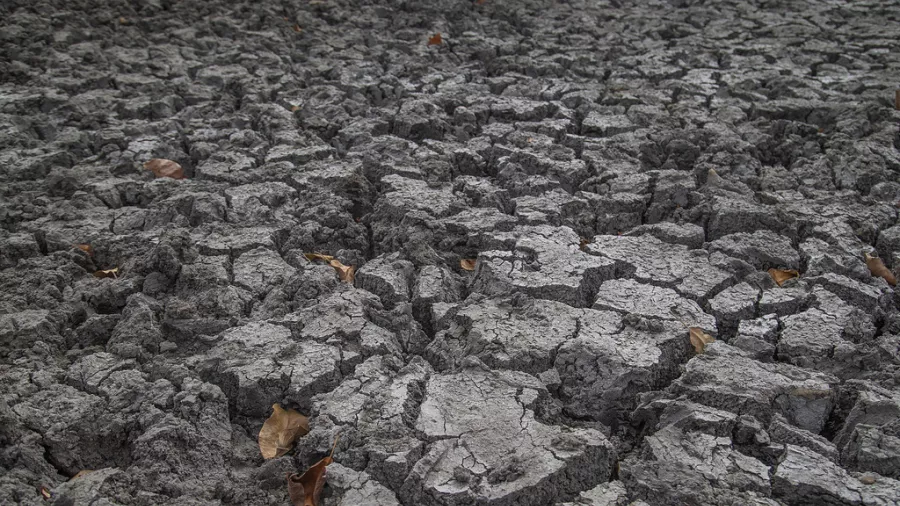UN agricultural fund calls for adaptation financing for small-scale farmers
3 min read
Ahead of the COP29 climate summit in Baku, Azerbaijan, the United Nations’ International Fund for Agricultural Development (IFAD) is calling for increased financing to help small-scale farmers adapt to the impacts of climate change. The organization has urged world leaders to set an ambitious financial target for climate adaptation, with a focus on the specific needs of these farmers, who are among the most vulnerable to climate-related challenges.
One of the key topics to be discussed at the summit is the New Global Quantified Goal (NCQG), which aims to establish clear financial commitments from wealthier countries to help developing nations address the effects of climate change. IFAD President Alvaro Lario emphasized that rich nations must contribute more to support climate adaptation efforts in the Global South. “This is essentially a negotiation on how much money richer countries should contribute to help developing countries deal with climate change,” Lario said.
IFAD is pushing for the inclusion of a specific adaptation goal in the climate finance plan, with an emphasis on the needs of small-scale farmers, who form the backbone of global food systems. According to Lario, these farmers are often the most affected by the changing climate, despite contributing the least to its causes. “Small farms are bearing the brunt of climate change,” he said. “They’re the most vulnerable and the least prioritized. Investing in them is crucial if we are to maintain food security.”
The effects of climate change are especially severe in regions like Africa, where agriculture is largely dependent on rain-fed systems. African countries, which contribute minimally to global carbon emissions, are suffering from increasingly erratic weather patterns, including droughts, floods, and heatwaves, that threaten their agricultural productivity. These impacts are exacerbated by the continent’s limited capacity to invest in adaptation measures.
African leaders have been calling for greater financial support to address both mitigation and adaptation needs. In Zimbabwe, for instance, the country is grappling with its worst drought in over four decades. However, IFAD-funded irrigation projects have provided some relief by allowing farmers to continue growing crops despite the lack of rainfall. Tinomuounga Hove, chairperson of the Biri Irrigation Scheme in Zimbabwe, spoke about the challenges faced by local farmers. “This year people could not harvest anything, so there are big changes, and the rains no longer come when we expect them. The seasons have changed,” Hove said. “Having an irrigation scheme helps us a lot. We can grow crops year-round, and despite the drought, we were still able to produce.”
This example highlights the importance of adaptation projects in helping smallholder farmers maintain food production and secure their livelihoods in the face of increasingly unpredictable weather patterns. IFAD is financing similar initiatives worldwide, supporting farmers with irrigation systems, drought-resistant crops, and improved farming techniques to enhance resilience to climate impacts.
At the COP29 summit, negotiators and climate activists from around the world will gather to discuss global climate policies and funding mechanisms. IFAD’s calls for greater investment in climate adaptation for small-scale farmers will be a key part of the discussions. These farmers, who are essential to feeding the world, face existential threats from climate change but often lack the resources to adapt to these changes. According to IFAD, addressing their needs is critical not only for their survival but for the stability of global food systems.
Lario also pointed out that funding for adaptation is not just about supporting farmers; it is an investment in food security for the entire world. “If we don’t support small-scale farmers, we risk jeopardizing global food security,” he warned. “Climate change is not a distant threat—it’s happening now, and those most vulnerable are already feeling its effects.”
As world leaders prepare for the COP29 summit, the need for a strong, financially-backed commitment to climate adaptation has never been more urgent. IFAD is calling for specific and robust action to ensure that the global food systems, which depend on smallholder farmers, are safeguarded against the devastating impacts of climate change. Without meaningful support, these farmers will continue to face growing challenges, which could threaten food security worldwide.







